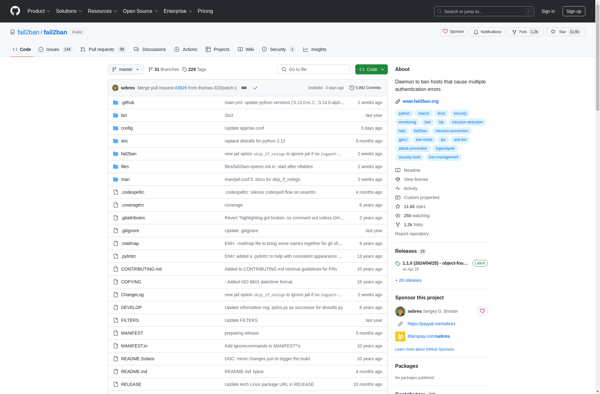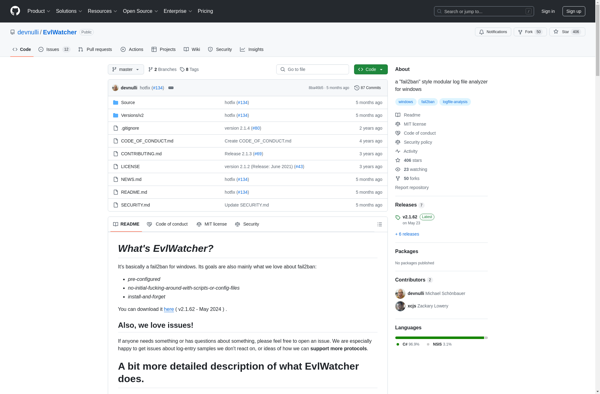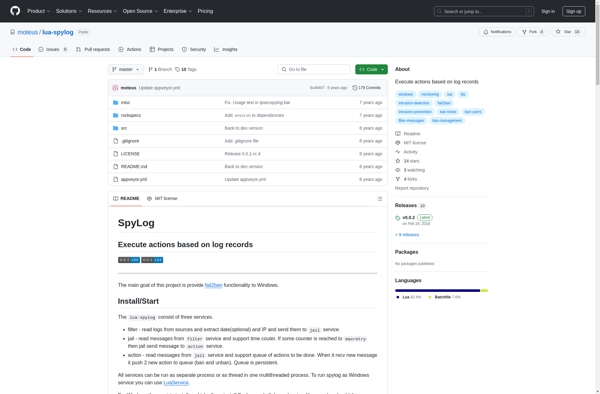LF Intrusion Detection
LF Intrusion Detection: Open Source Linux Server IDS
Monitor network traffic and system logs for suspicious activity, alerting administrators of potential attacks or policy violations with an open source intrusion detection system designed for Linux servers.
What is LF Intrusion Detection?
LF Intrusion Detection (LFID) is an open source host-based intrusion detection system designed specifically for Linux servers. It works by analyzing system logs and network traffic in real-time to identify suspicious activity that could indicate an intrusion attempt or cyber attack.
Some key capabilities of LFID include:
- Monitoring system calls to detect suspicious process behavior
- Analyzing network traffic for potential reconnaissance scans or exploit attempts
- Detecting signs of rootkits or unauthorized kernel modules
- Looking for anomalies in logs that could correspond to intrusion activities
- Sending alerts when potential threats are detected to notify administrators
A major benefit of LFID is that it is lightweight, optimized specifically for Linux, and does not require much computational overhead. It can be installed on production systems with minimal impact. The solution aims to detect modern attack techniques targeting Linux infrastructure, ranging from stealthy malware to more noisy remote exploits.
LFID provides administrators with deeper visibility into Linux-specific threats by leveraging the native auditing and monitoring capabilities of the Linux kernel and core utilities. By supplementing this with behavioral analysis and anomaly detection, LFID can identify intrusion activities with high accuracy and few false positives.
Overall, LFID is an intelligent, open source Linux IDS that aims to make Linux infrastructure more secure and resilient to modern cyber threats.
LF Intrusion Detection Features
Features
- Real-time monitoring of network traffic
- Analysis of system logs
- Detection of potential attacks and policy violations
- Configurable alerting and notifications
- Rule-based intrusion detection
- Protocol analysis and anomaly detection
- Integration with firewalls and other security tools
Pricing
- Open Source
Pros
Cons
Official Links
Reviews & Ratings
Login to ReviewThe Best LF Intrusion Detection Alternatives
Top Security & Privacy and Intrusion Detection and other similar apps like LF Intrusion Detection
Here are some alternatives to LF Intrusion Detection:
Suggest an alternative ❐Fail2ban

RdpGuard

AiP Defense

Cyberarms Intrusion Detection and Defense

EvlWatcher

SpyLog

Anti DDoS Guardian

Syspeace

SSHGuard

Win2ban
